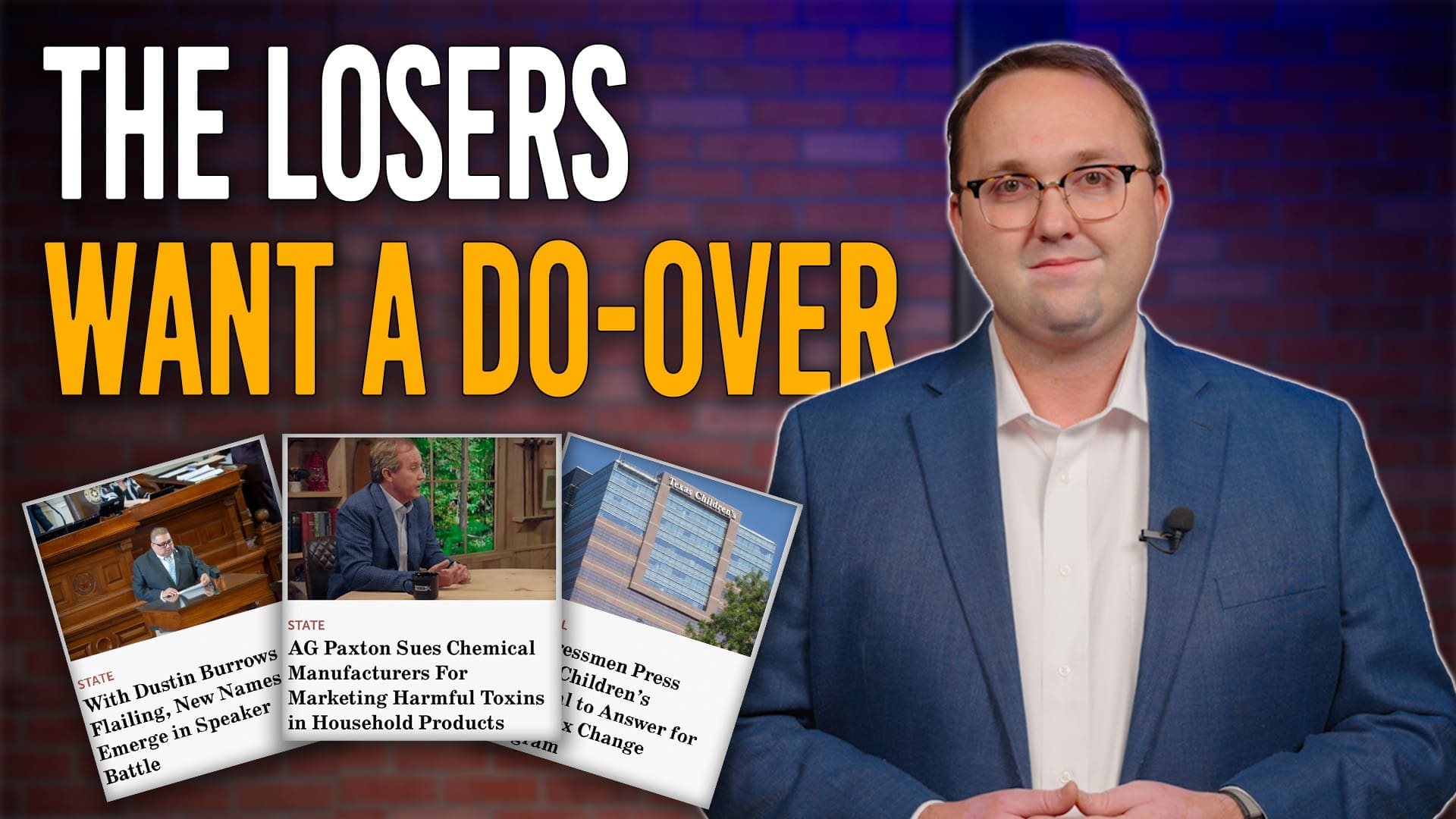In my inbox tonight, I found the news that Patrick Brown, chief appraiser in Travis County, is leaving his post effective January 13, citing family reasons. Now the board of directors, an unelected group of people responsible for property appraisals, must look for a replacement. Travis County residents should pay close attention and weigh in if possible – and here’s why.
In Texas, members of each Appraisal District Review Board are appointed, not elected, to unspecified terms. They have the duty to appoint the chief appraiser, and collectively they sign off on the appraisals that you receive for your home and business. Using these appraisals, taxing districts determine how much you owe in property taxes each year. Depending on whether you pay through your escrow account or write a check each year, you may or may not have a complete idea of the impact of your individual appraisal. Appraisals on homesteads in Texas cannot increase more than 10% per year (there is no limit for commercial property, including apartment complexes), and there is no uniform system for how appraisals are conducted from district to district. For instance, in one county, appraisers may merely conduct a literal flyover to check for major external improvements. In the next county, they may choose to drive around and compare properties from the outside at street level. Generally, factors like the sales price of comparable property, the number of rental homes or the presence of Section 8 housing, interior improvements and so forth are not taken into account.
We basically have a system that is set up to be arbitrary and subject to fancy and whim, controlled by individuals who cannot be held accountable for the decisions they or their colleagues make. Great news, huh?
In Travis County, the news gets worse. For one, it turns out that Chief Appraiser Brown isn’t even a resident here – he lives in Georgetown, in Williamson County, where the cost of living is quite different than it is a mere 25 miles south. For another, his successor will be chosen by a board led by none other than Dick Lavine, senior fiscal analyst for the Center for Public Policy Priorities in Austin. This is an organization that lobbies heavily against increasing the percentage of legislative votes necessary to pass a tax increase in Texas, against homestead exemptions for property taxes, against using the sales tax to offset property tax cuts, against spending cuts in state agencies, and in favor of the infamous “smart meters” or circuitbreaker method of determining property taxation. Quite the resume, don’t you think?
It is bad enough to know that a liberal economist heads the appraisal review board in Travis County, and that even should we elect new county commissioners next November, we will likely be dealing with higher taxes in the immediate future. The Travis County Commissioners Court meets on September 28 to determine the tax rate and budget for the coming year, and it doesn’t look good. If the City of Austin’s intentions are any indication (a 4% rate hike), and the outlook provided by the county’s budget director means anything, the county will likely raise their rate as well. The small mercy appears to be that Austin ISD won’t ask for a rate hike this year – though that won’t stop the other ISDs in Travis County.
(Let’s not forget the smaller taxing entities as well, like MUDs and ESDs – and the Travis County Healthcare District, which is also considering a rate hike)
Appraisals are at the root of the property tax issue in Texas. With no uniformity, little to no accountability, and a ridiculous amount of red tape and ignorance of the process out there, it isn’t any wonder that Texas has an increasing tax burden (funding an out-of-control debt and spending burden at the local level – local borrowing accounts for 85% of Texas’ debt burden, and local spending far outweighs state-level spending).
It is vital, then, that citizens turn their attention to their local governments. Citizens should protest their property appraisals and make a point of doing research in their areas to expose appraisal creep and inequitable or falsely determined appraisals. When your taxes could go up each year regardless of whether you approve a rate hike, simply because appraisals rise, you should be concerned. This is nothing but a backdoor scam on citizens that is getting worse every year.



